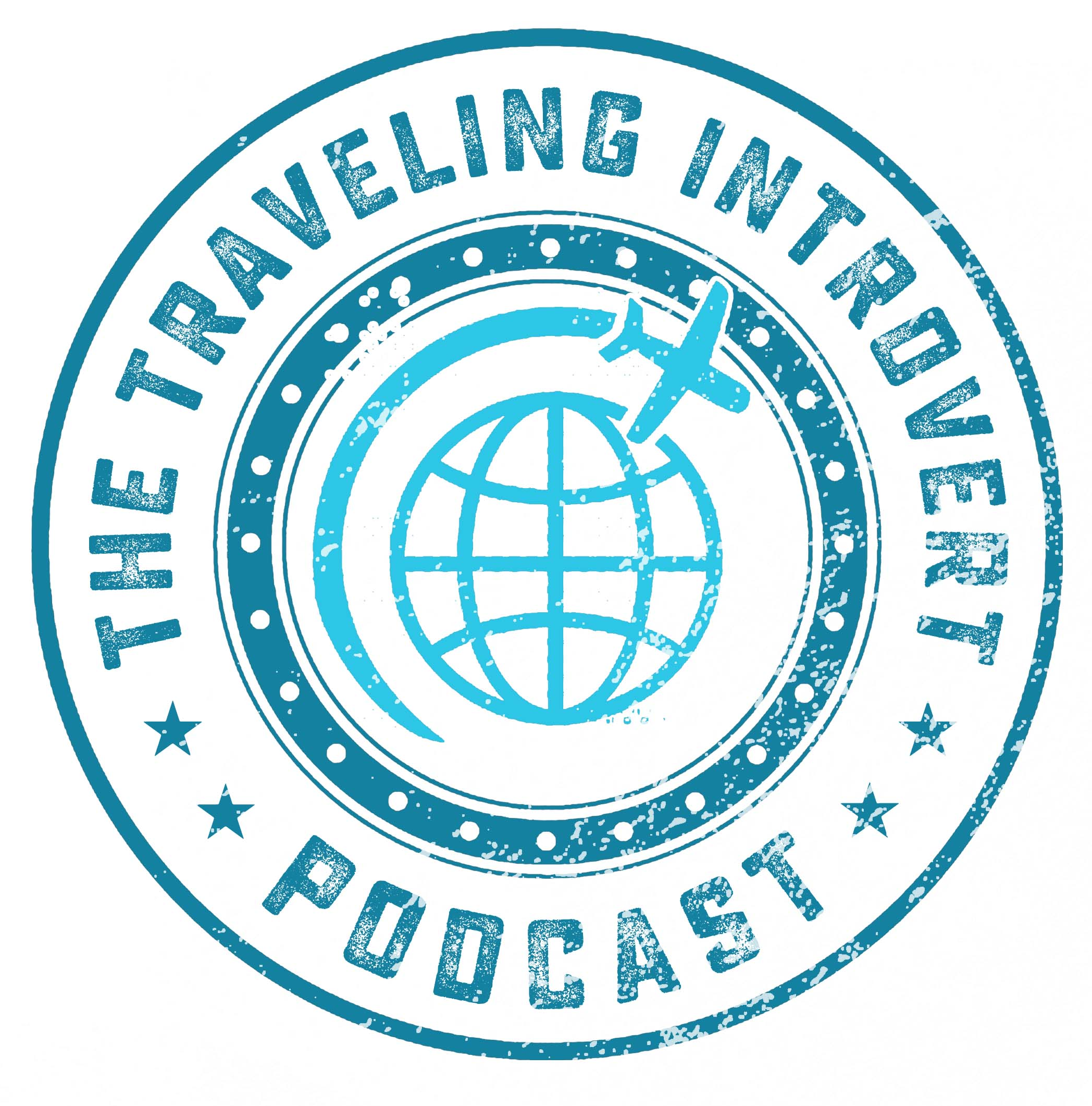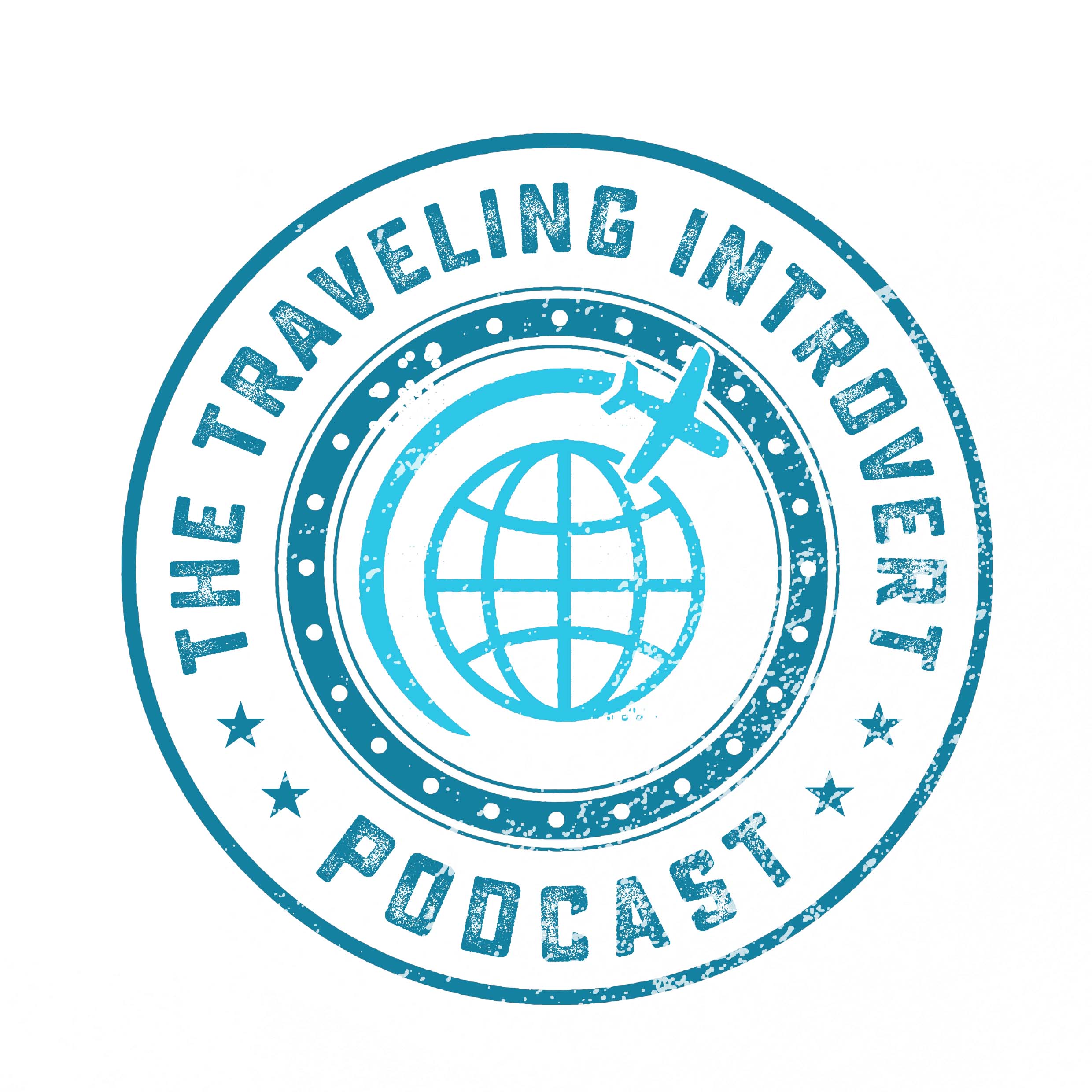Episode 382
Finding Peace in Restorative Idleness
Certainly! Here is a comprehensive sequence of topics covered in the transcript, with sub-topic bullets below each primary topic:
1. **Introduction to the Episode**
- Welcoming listeners to "The Traveling Introvert"
- Introducing today's topic: "Restorative Idleness"
2. **Definition of Restorative Idleness**
- Explanation of what restorative idleness is
- Importance of being still to recharge and rejuvenate
- Difference between idleness and laziness
3. **Restorative Idleness vs. Laziness**
- Laziness as unintentional and linked to procrastination
- Restorative idleness as a deliberate choice to rest and reset
- Importance of giving oneself permission to rest
4. **Benefits of Restorative Idleness**
- Increased productivity, creativity, and well-being
- Science behind idleness: reducing stress and anxiety levels
- Importance of daydreaming for mental processing and resetting
5. **Restorative Idleness and Creativity**
- Downtime essential for creativity
- Allowing the mind to wander to make new connections and ideas
6. **Preventing Burnout and Maintaining Emotional Balance**
- Importance of rest after social interactions or busy environments
- Effect of overstimulation and the need for quiet time to regroup
7. **Integrating Restorative Idleness into Daily Routine**
- Recommendations for starting with small periods of idleness
- Examples of activities that facilitate restorative idleness:
- Quiet time without meditating
- Sitting in a park
- Staring out the window
- Scheduling downtime and treating it as important as any task
Transcript
Hello and welcome to the traveling introvert. Wow. Today I want to explore a little bit the topic that is kind of close to my heart, and it is called restorative idleness. You see, right now, not right now, just in general, we often forget the importance of just being still. This is especially important and crucial for us introverts, and I'm gonna talk about how we can start embracing stillness to recharge and rejuvenate. See. What on earth is restorative idleness? So restorative idleness is the art of allowing yourself to be still and to do nothing with intention of recharging your mental and emotional batteries. This doesn't work for everybody, but it is a method that can be used.
Janice Chaka [:And so people are always like, well, okay. What's the difference between, like, idleness and laziness? So unlike laziness, which is often unintentional and associated with procrastination, restorative idleness is a deliberate choice to pause and rest and reset. It's all about giving yourself permission to rest, and so many people find this incredibly difficult. I've seen lots of memes and comics about it. I was like, well, I know I deserve to rest. I should rest. And while they rest, I'm like, oh, I feel bad because I'm not being productive because they don't see rest as being productive. And so you have to give yourself permission.
Janice Chaka [:And so with restorative idleness, it is about giving yourself permission to rest, which will lead to increased productivity in different ways, creativity, and general well-being. But it's that permission part that's really important because we we get wrapped up in guilt and because we've been told what, what productivity should be. And if we're not doing something, then we're not being productive, and it's so stressful. So there is some science behind sort of restorative idleness because studies have shown that periods of idleness or daydreaming, in fact, can reduce stress and anxiety levels, allowing your mind to process and reset. I mean, when was the last time you just daydreamed? I don't mean zoning out by watching TV, but I mean actually just daydreamed. Also, we need downtime to be creative. When our minds are at rest, they're free to wander and make new connections, leading to different ideas. And of course, this totally goes towards preventing burnout and maintaining emotional balance.
Janice Chaka [:Having that time to rest and reset intentionally is key. And because we might be sort of sensitive to external stimuli or just having days full of people and talking, that after day of social interactions or busy environments, we need time to recharge. This is why we need restorative idleness. The overstimulation can lead to feelings of overwhelm and exhaustion, and restorative idleness helps mitigate these effects by providing that intentional quiet time needed to regroup. And so you can integrate and incorporate restorative idleness in your day to day activities. Just small periods of idleness and sticking them in your daily routine can really make a difference. Start with just 5 or 10 minutes of quiet time where you do nothing, and I don't mean meditate so you know. I literally mean just just be, or consider activities which help and, incorporate sort of restorative items in a way.
Janice Chaka [:It is meditation, sitting in a quiet park, or just even staring out the window at the rain or the sun or, like, whatever's out of your window. The key is to be still and to let your mind wander. You can even go a step further and schedule downtime. Make items a priority by scheduling it into your day, and treat it just as important as any task or deadline. These things will help moving forward, and I encourage you to try incorporating some idleness into your routine at this week and see if you notice what a difference it makes. Thanks for listening. This is Janice at the Career Introvert helping you build your brand and get hired. Have a great restorative day.



